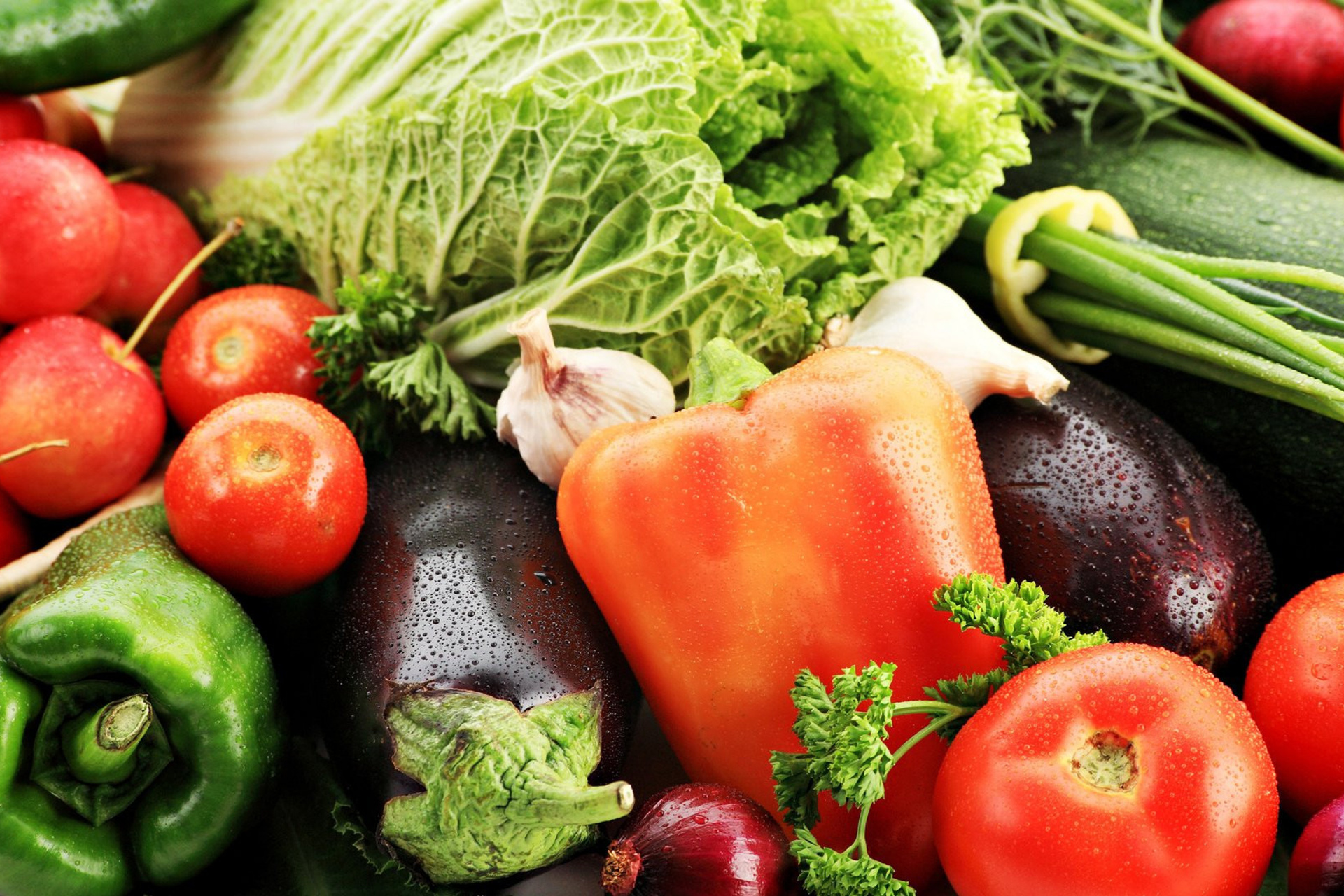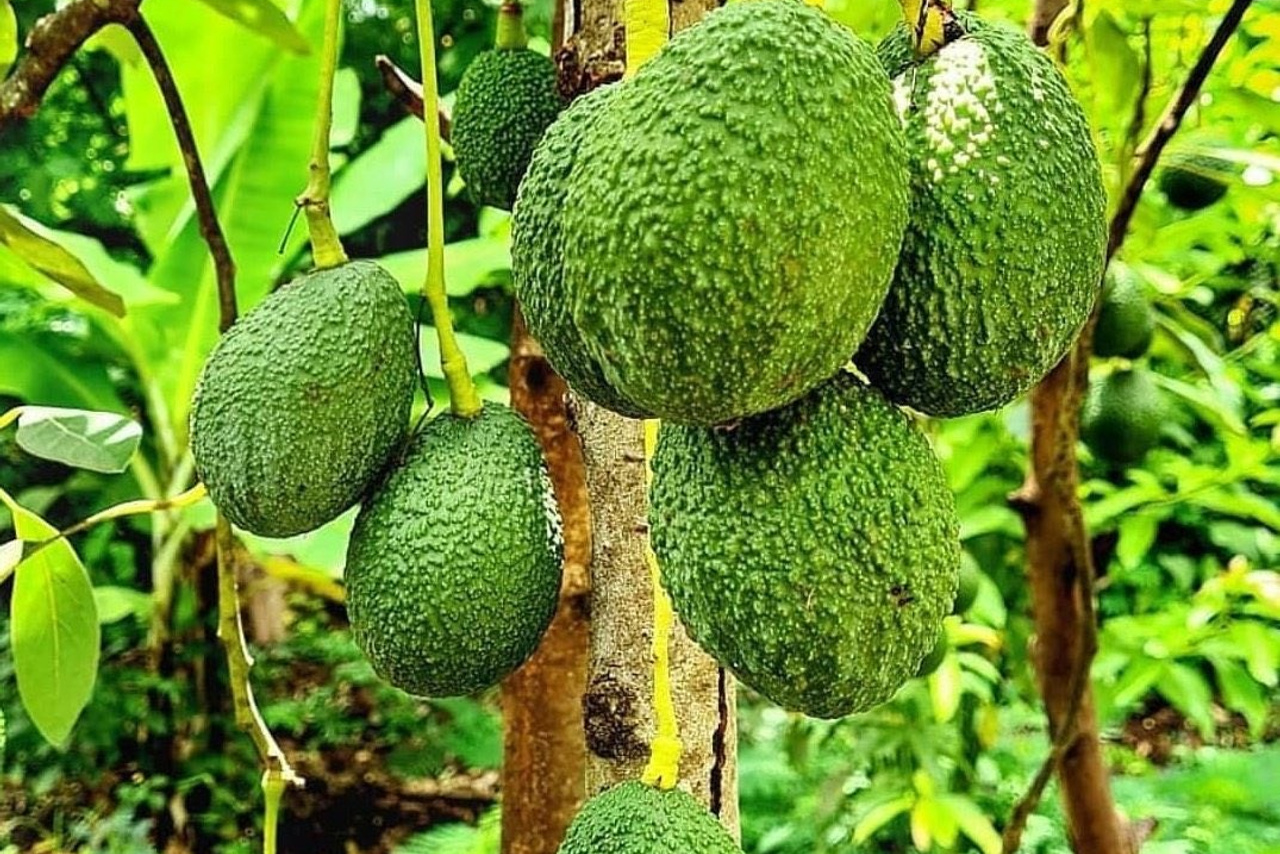The Organic Advantage: Unveiling the Potential of
Grow Peat Fertilizer for Sustainable Agriculture
What is organics for plants? It refers to fertilizers of natural (plant or animal) origin that contain only natural components. They include potassium, phosphorus, nitrogen, calcium, iron, magnesium, and so on (practically the entire periodic table) in a readily available form for plants. All-natural organics are in a friendly symbiosis with the soil, enriching it with beneficial bacteria and microorganisms, which positively affect the development and productivity of plants. Organics also improve the physical properties of the soil, enhance its water absorption capacity, reduce soil acidity, and improve aeration. The decomposition of organic fertilizers by soil microorganisms results in the formation of mineral compounds and humus, which are readily accessible to plants. The carbon dioxide released during this process enriches the soil air and the lower layer of the atmosphere, thereby enhancing the carbon nutrition of plants. Among the primary organic fertilizers are:
- Manure
- Compost
- Humus
- Bird droppings
- Ash
- Horse manure extract
- Concentrated cow manure
There are many organic fertilizers, and each has its own advocates. One of the most beneficial and widely used fertilizers lately is Grow Peat organic fertilizer.
Grow Peat organic fertilizer is a unique complex of biologically active substances and growth stimulators that comprehensively improve the physical, chemical, biological, and protective properties of the soil. Experienced agronomists agree with this opinion and provide the following arguments in favor of using the organic fertilizer Grow Peat, based on extensive field trials.
With its numerous functional groups, GROW PEAT is capable of adsorbing and retaining nutrients, macro- and micronutrients in the soil. The retained nutrients do not bind to soil minerals and are not washed away by water, remaining readily available to plants. The application of GROW PEAT leads to the formation of mineral compounds that improve the soil nutrition of plants, resulting in more efficient growth and development. It increases the content of available phosphorus (by 1.5-2 times), exchangeable potassium, and assimilable nitrogen (by 2-2.5 times) in the plow layer of the soil. Additionally, all micronutrients, being transition metals (except boron and iodine), form complexes with the active organic compounds that easily penetrate plants, ensuring their assimilation.
The application of GROW PEAT enhances the buffering capacity of soils, allowing them to maintain a natural pH level. When GROW PEAT is applied, it can reduce soil acidity, eventually enabling the cultivation of crops sensitive to increased acidity.
GROW PEAT increases the activity of all plant cells, resulting in increased cell energy, optimized physicochemical properties of protoplasm, enhanced metabolism, photosynthesis, and respiration in plants. As a consequence, cell division is accelerated, leading to overall improvement in plant growth.
GROW PEAT acts as a non-specific activator of the immune system, significantly enhancing the resistance of plants to various diseases. Soaking seeds in GROW PEAT solutions is highly effective in preventing seed infections, particularly root rot. Furthermore, treatment with GROW PEAT increases the seed’s resistance to diseases and traumatic damage, as well as provides protection against surface infections.
By improving the living conditions of free-living bacteria, the application of GROW PEAT increases their ability to fix molecular nitrogen from the atmosphere by nearly 10 times.
The use of GROW PEAT improves soil structure. On heavy clay soils, GROW PEAT promotes the mutual repulsion of clay particles by removing excess salts and disrupting the compact three-dimensional structure of clay. Consequently, the soil becomes looser
Farmer’s corner
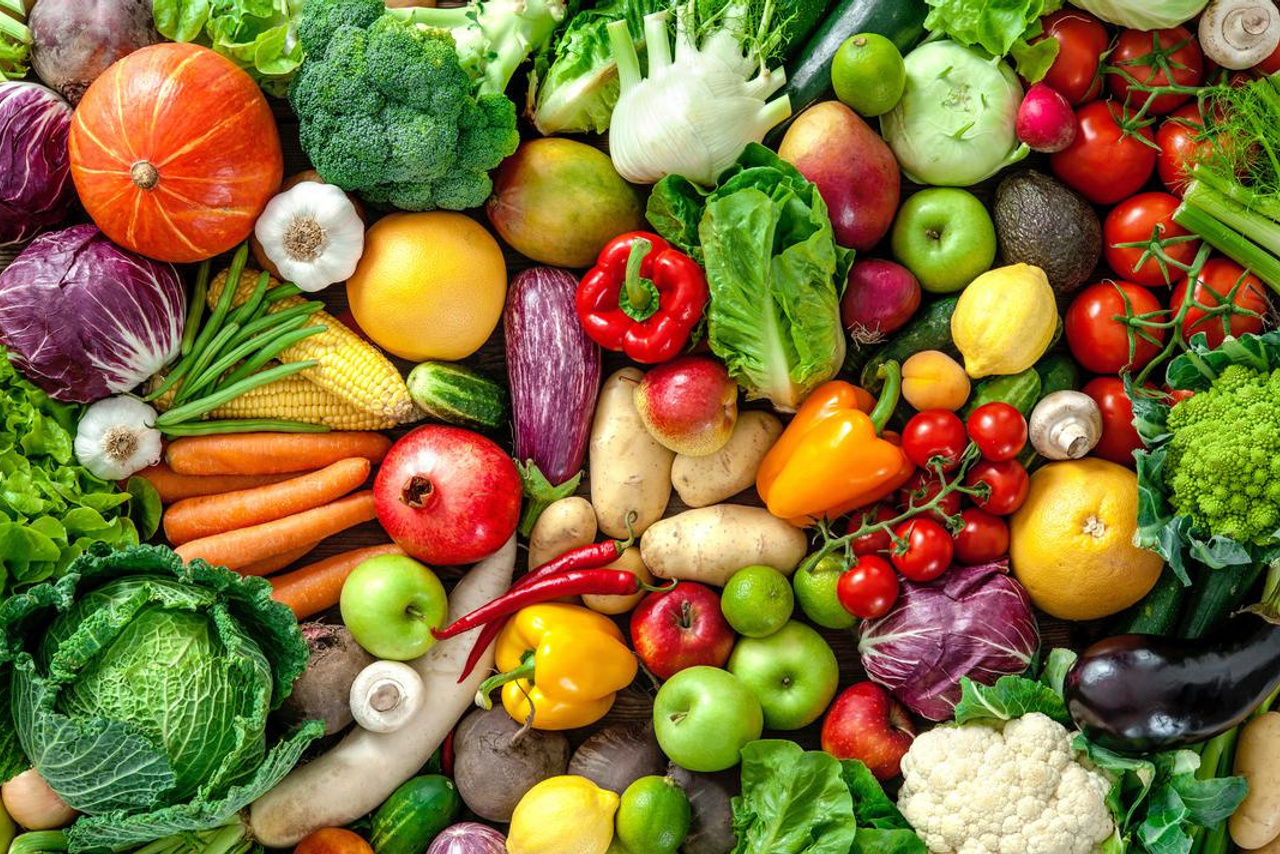
Food We Get from Plants in Kenya. Organic Fertilizers for a Sustainable Future
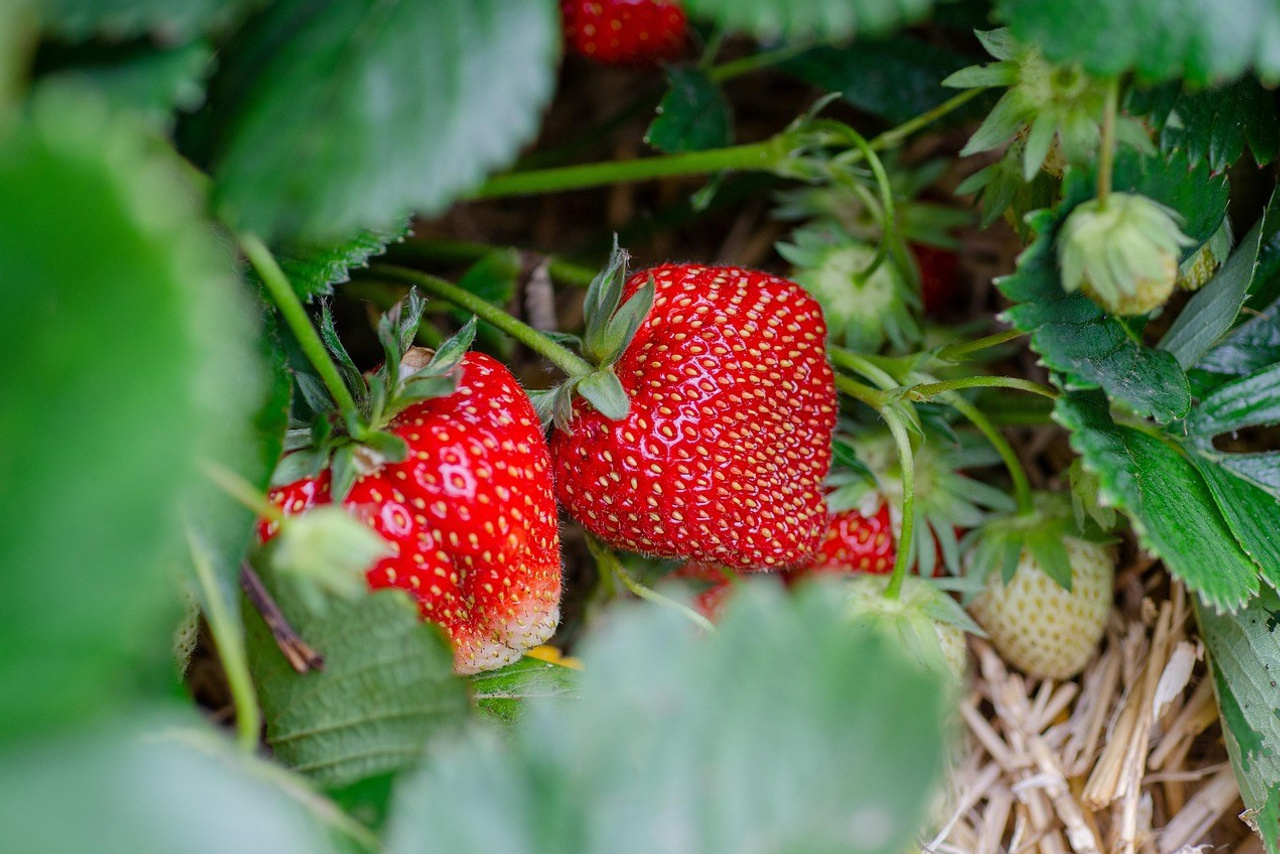
Grow Bigger, Sweeter Strawberries with Grow Peat Organic Fertilizer
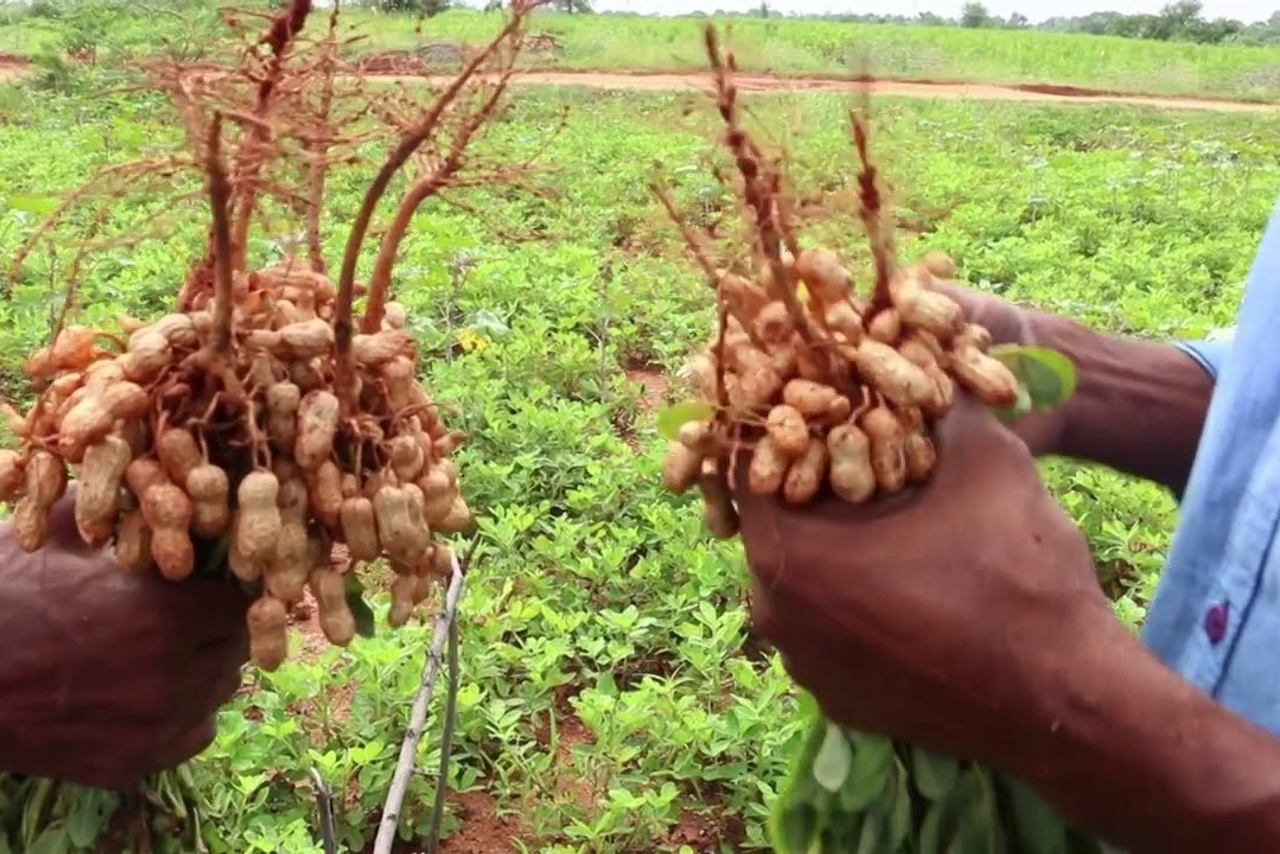
How Grow Peat Organic Fertilizer Increases Peanut Yield and Restores Soil Health
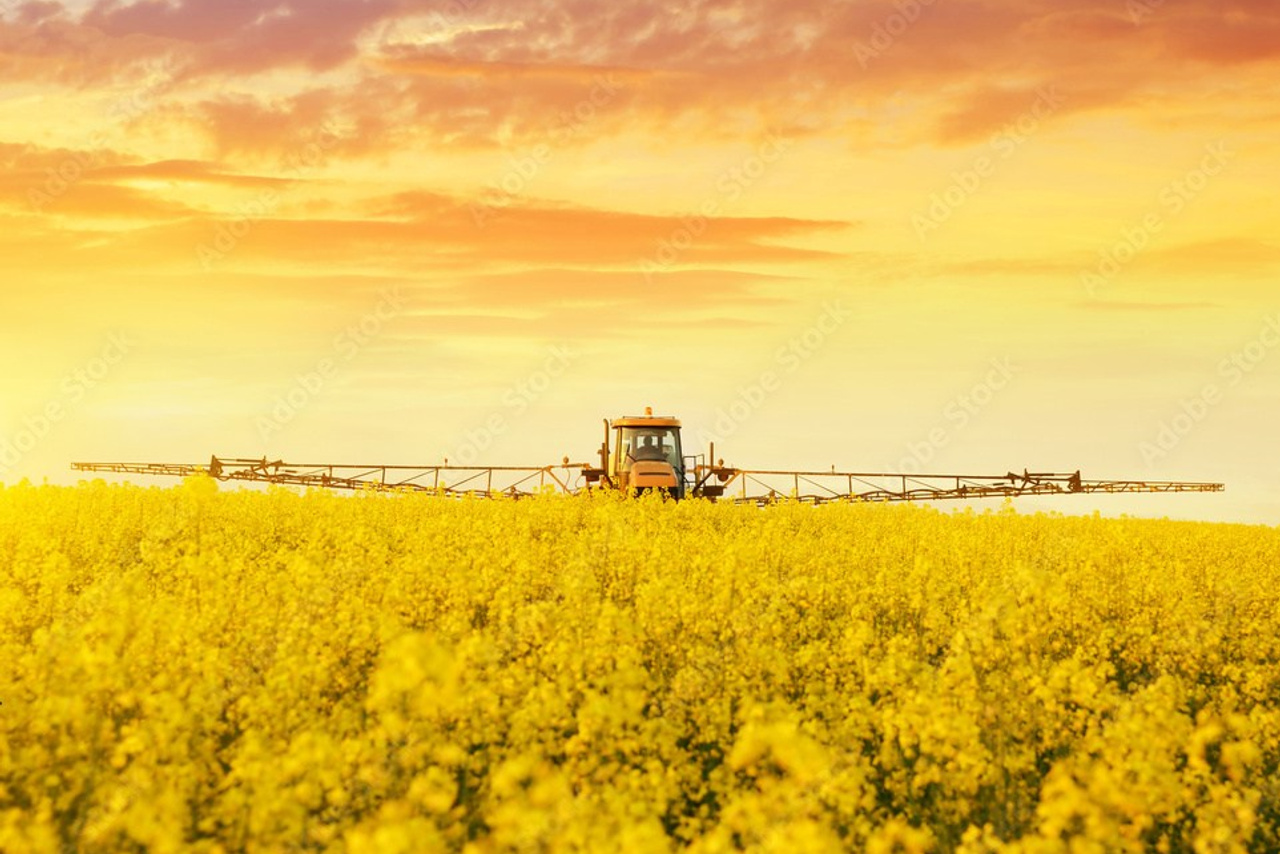
The Effectiveness of Grow Peat organic fertilizer (Potassium Humates) for Canola Cultivation
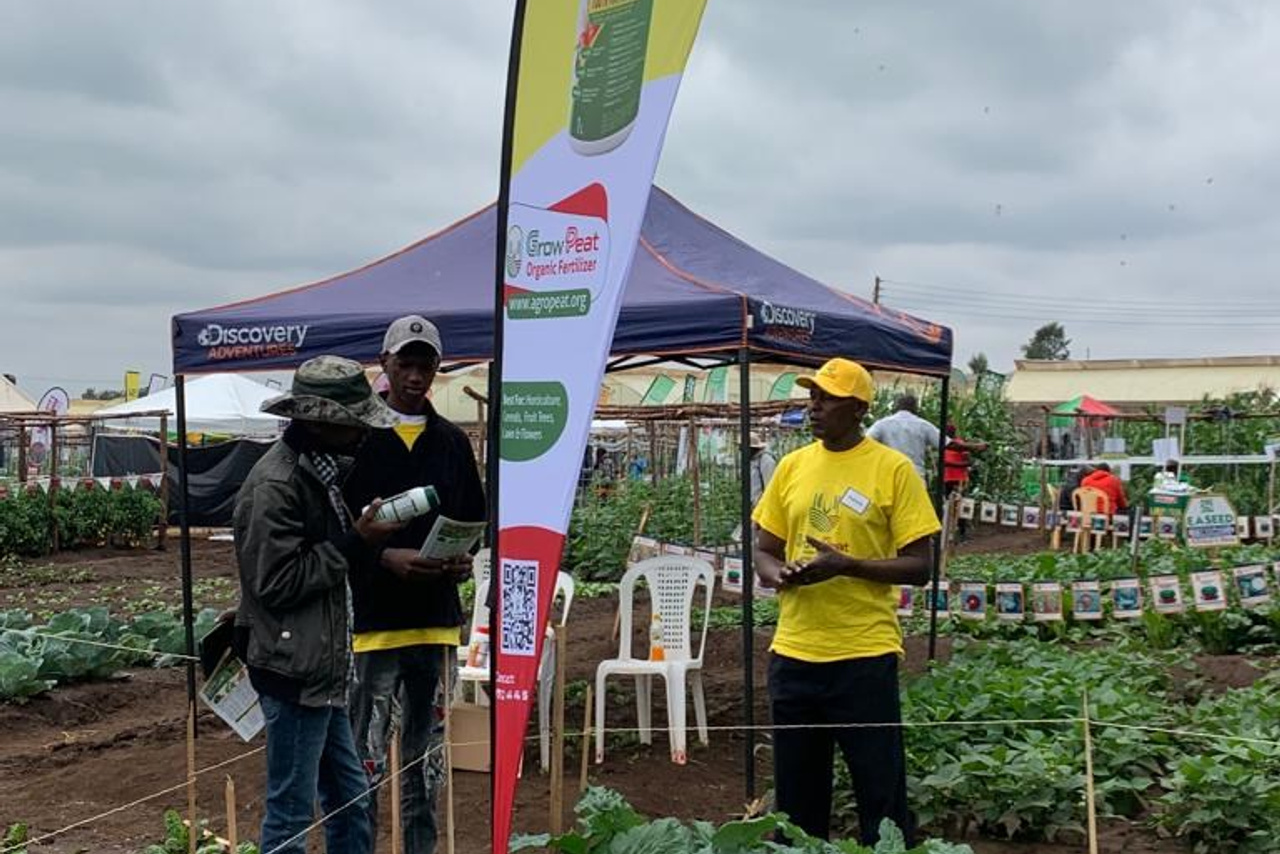
Organic fertilizers — Farmer’s trainings

Growth Stimulators for Garden flowers — Grow Peat (Potassium Humate)
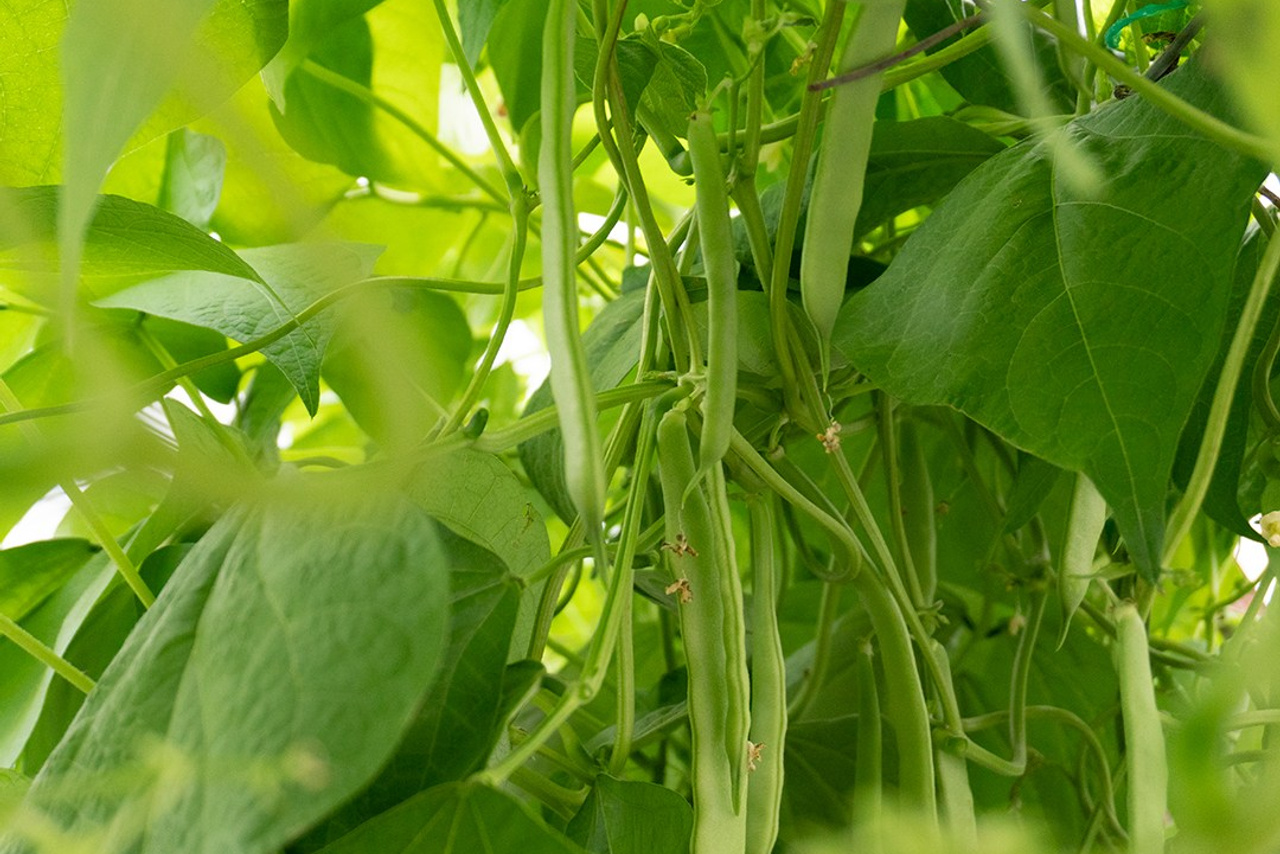
INFLUENCE OF Grow Peat ON GROWTH, YIELD AND CHEMICAL COMPOSITION OF FRENCH BEAN
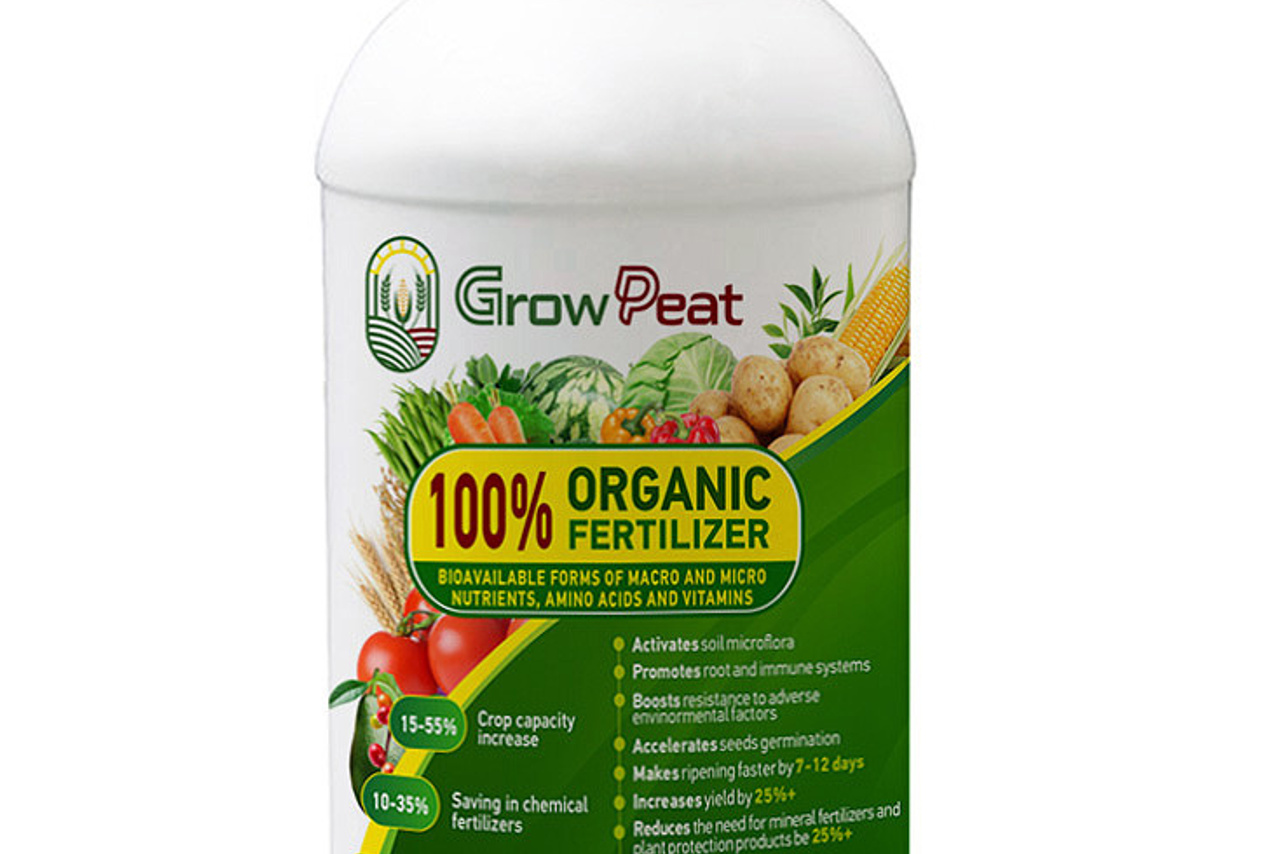
Growing Stronger with Nature: The Advantages of Organic Fertilizers for Farmers
